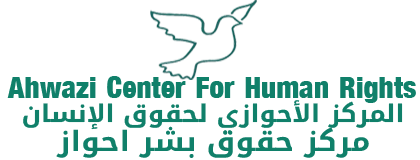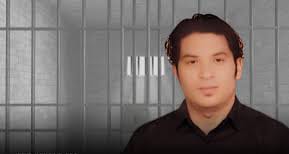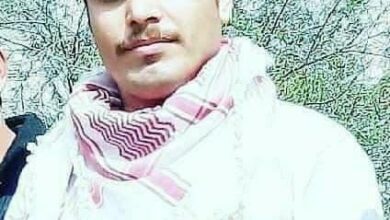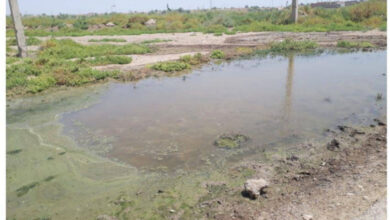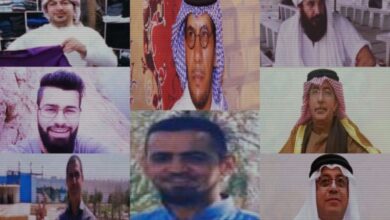Outbreak of disease in Sheiban prison in Ahwaz and failure to respond to families
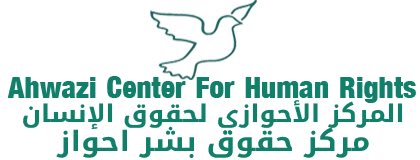
By Hossein Bouazar
Prisoners in Sheiban Prison in Ahwaz have difficult medical conditions following the outbreak of the flu in the prison.
Prisoner Mehdi Halafi is among those affected by the disease, according to the Ahwazi Centre for Human Rights’s sources in Ahwaz. After the family returned to prison guard to pursue and help their son, the political prisoner faced a lack of accountability.
This is in a situation where more than two inmates of ward 4 of Sheiban prison in Ahwaz have been infected with the disease despite widespread outbreaks of the disease the prison authorities and officials don’t allow inmates to come to the hospital. they only allow two people from each room to go to the hospital daily. Failure to respond to prison officials has caused widespread concern among their families.
Mehdi, son of Karim, born in Talboumeh village, north of Ahwaz, was arrested in 2014 by the Ahwaz Intelligence Office. He was sentenced to 4 years in prison at Branch 6 of the Revolutionary Court on charges of moharebeh.
Mehdi is currently held in Sheiban Prison in Ahwaz.
Meanwhile Ahwaz is exposed to a variety of diseases such as cholera and leishmaniasis.
Mehrdad Sharifi, secretary of the Ahwaz city health council, said: “The city of Ahwaz faces an environmental crisis after the overflow of sewage and citizens are exposed to epidemics of various diseases such as cholera and leishmaniasis.”
Many areas of Ahwaz and Karun city, including Kut Abdullah, have been flooded since heavy rains began in Ahwaz and other city within the Al-Ahwaz region on Monday. With continued rainfall in these areas, the sewage overflows from the water and into the street floor and then into the houses.
This suburban area south of Ahwaz has been transformed into a residential area after drought without considering the necessary infrastructure, given that it was once a hunting ground and wetland. There is no surface water disposal system in Ahwaz and much of the sewage system is depleted and the risk of flooding has been at the highest level for many years, leading to a serious crisis and danger to the health of the residents of these areas.
The authorities must immediately stop their mismanagement of the water and find a solution to stop this disaster.
We, the Ahwazi Centre for Human Rights (ACHR), concerns, while Ahwazi Arabs faced continued oppression and discrimination, the most significant human rights issues included a high number of executions for false confession and false crimes without fair trials of individuals. Torture; harsh and life-threatening prison conditions; arbitrary detention and imprisonment; of hundreds of political prisoners, are just few examples of how the Iranian regime violates the human rights.
We, the Ahwazi Centre for Human Rights (ACHR), strongly condemns Iran’s plan to execute Ahwazis. We are calling upon Mr. Javaid Rehman the United Nations special rapporteur for situation of human rights in Iran and Mrs Agnes Callamard the UN special rapporteur on extra-Judicial execution to intervene and stopping Iranian criminal regime from executing innocent prisoners that were arrested without any legal warrant.
Hossein Bouazar is a human rights activist from the Ahwaz region in Iran. He writes about human rights abuses committed on the Arab Ahwazi.
Ahwazi Centre for Human Rights
Date: 28/12/2019
